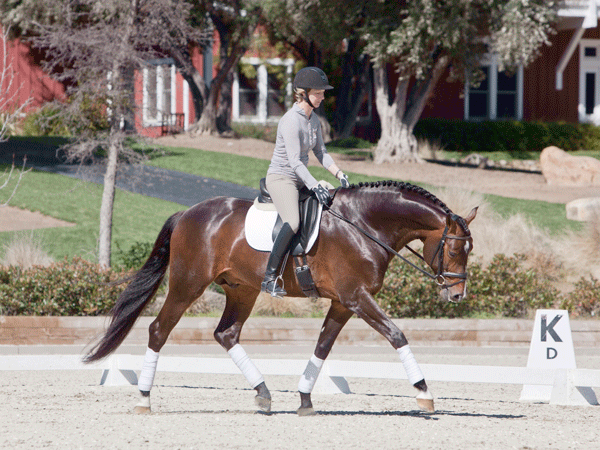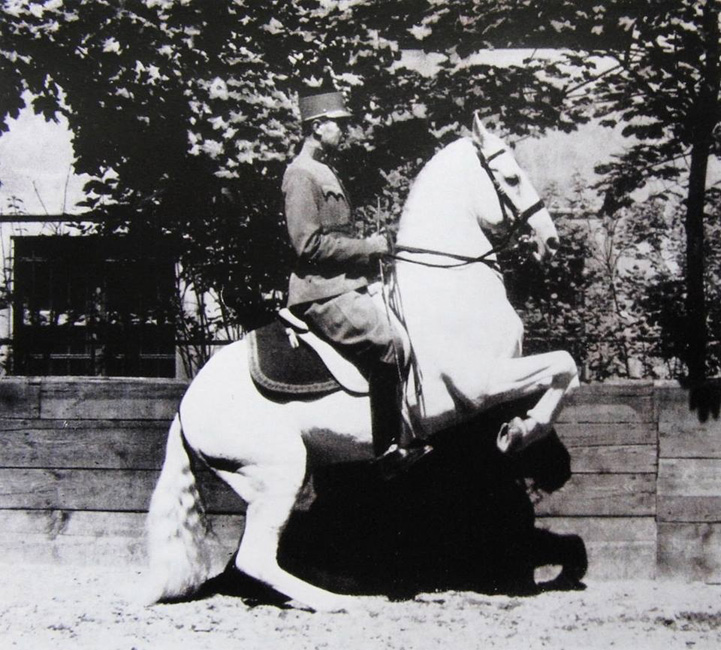Dressage Horse Temperament & Conformation
 While temperament and conformation play an important role in the success of your horse as a dressage athlete, one must realize that the perfect horse does not exist. It is equally important to understand that all horses can benefit from dressage training. That being said, not all horses will possess the characteristics necessary to be an elite dressage horse. The rider must first assess his own goals in order to effectively evaluate his horse’s ability to achieve those goals. The following outlines the characteristic of the dressage horse as they pertain to temperament and conformation.
While temperament and conformation play an important role in the success of your horse as a dressage athlete, one must realize that the perfect horse does not exist. It is equally important to understand that all horses can benefit from dressage training. That being said, not all horses will possess the characteristics necessary to be an elite dressage horse. The rider must first assess his own goals in order to effectively evaluate his horse’s ability to achieve those goals. The following outlines the characteristic of the dressage horse as they pertain to temperament and conformation.
Dressage Horse Temperament
First we will consider the horse’s temperament. Because dressage is equally challenging mentally and physically, the horse must be a willing and eager partner. Some horses will become sour as the training becomes more difficult, whereas others enjoy the challenge. Furthermore an obedient horse will make schooling sessions much more productive. Finally, it is important to note that horses that are slightly more spirited or “flashy” have a presence about them especially in the show ring. This presence commands attention and will often result in higher marks for expression.
Dressage Horse Conformation
Next we’ll address the topic of conformation. Ideally, the dressage athlete has an “uphill” appearance and is the picture of strength, balance and symmetry. A dressage horse should be proportionate when looking at the length of the front end, back and hindquarter. Ultimately, the horse’s conformation affects his soundness, quality of gaits and balance. As the horse progresses in his training, conformational defects become more of a factor.

Author: Dressage Academy
You May Also Like

Rhythm – Let’s Get into the Groove Newsletter
March 28, 2018
Long and Low – The Foundation of All Good Dressage Training
October 25, 2017